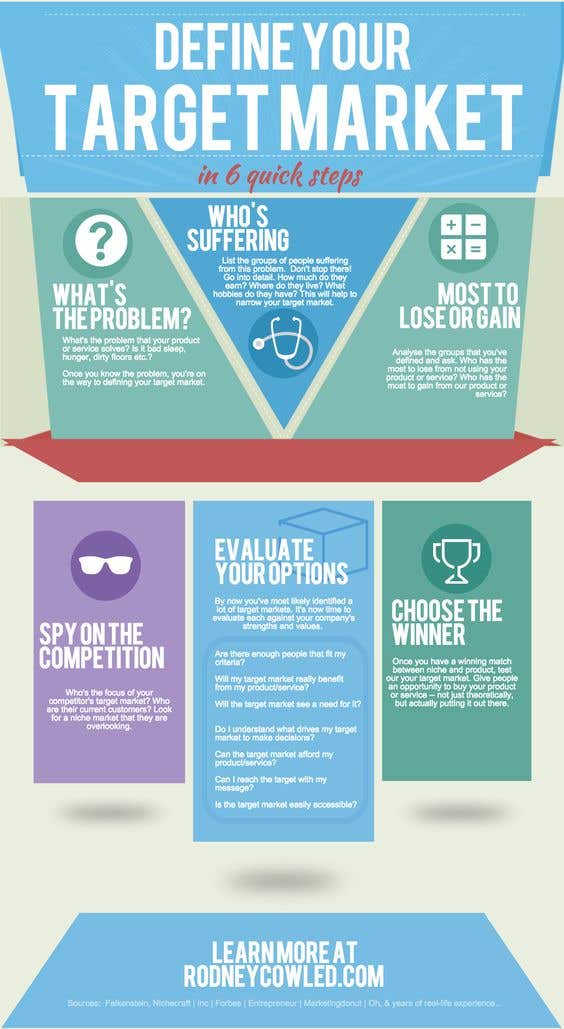A goal without a plan is just a dream, so make your wish a reality with an actionable business plan.
A business plan is a roadmap for your enterprise. Think of it this way – the better the map, the more likely you’ll reach your destination!
Whether your objective is to find a new investor, secure a business loan, or simply improve how you run your business, set yourself up for success by making sure your business plan answers these nine key questions.
1. What makes you so special?
Every business exists to fulfil an opportunity within the market, and to satisfy a consumer need, want or desire – so what is it? Your business plan should define how your business is different to its’ competitors, and what problem it is solving in the market.
Firstly, find out what consumer need your product will satisfy. Now, determine if this need is currently being met, and if so, how, and by whom? Find your competitive advantage to demonstrate why your audience will buy your product instead of your competitors.
Hot tip: Try to answer this question as clearly, concisely and definitively as possible. Extra points if you can nail your objective in one sentence!
2. Who is your audience?
Is your target audience sizeable enough to justify entering the market? Specify your target market, and analyse this cross-section to determine its size, attractiveness and profit potential. Prove they’ll be willing to pay the price for what you’re selling – this will determine if your business is economically viable, and ultimately profitable.

How to define your target market, courtesy of Rodney Cowled.
3. Is your product justifiable?
Let’s say your product is the next best thing in the consumer market, so much so that your deep-pocketed competitive giants get jealous, and produce a similar product, only better and at a lower price point.
Research and implement strategies to safeguard your product from copycats, to ensure your good idea isn’t swallowed up by a larger rival. This could mean patenting, copyrighting or trademarking, or even a broader scheme to enact entry barriers, preventing easy access to your market.
4. How will you reach your target market?
Having a distinct market for your business does not equal success, unless you have a rock-solid strategy to target them. If your audience doesn’t know you’ve created a product to satisfy their every problem, how will they know they need to buy it? Investigate how and where your audience spends a majority of their time to consume information, whether it be commuting (target bus station advertising, billboards, radio adverts), online (infiltrate their Instagram, Facebook, Pinterest, and Twitter feeds) or even in a specific industry (contact them directly through email, or direct mail).
Create a clear marketing plan that is cost effective, and demonstrates various routes to acquiring new customers. Quote how much revenue each new customer will bring to your business, and ensure that the marketing spend to acquire that customer does not surpass this amount.
Remember that not all members of your audience are the same, therefore the way you target them should be different. Their purpose for interacting with your business, and their customer journey, will differ, so ensure you narrow down and segment your customers to enhance and define your marketing strategy.
Need help to build an awesome marketing strategy? Check out this simple yet effective marketing plan you can do now.
5. Can you prove the viability of your idea quickly and with little expense?
Think you need a large investment to launch your product? Think again. Challenge your thinking and prove the capability of your business without making a full investment. For example, you could outsource the initial manufacture of your product, or even make your product by hand until increased demand allows for a greater production budget. Or how about introducing your business in one city before launching nationally?
We hate to burst your bubble, but the odds of you succeeding in your first business launch are against you. Our best piece of advice would be to fail cheap, fail fast, and most importantly, learn faster. Embrace your initial failure, take notes on the market’s reaction and make the necessary changes, before investing in a full rollout.
6. What will your cash flow look like?
Ah, that old chestnut. Everyone knows that your cash flow will ultimately make or break your business, but it doesn’t have to be the great unknown. Construct a systematic, conservative financial model that supports your business moving forward. Define your revenue streams, including pricing structure, costs, margins and expenses. With product launches, predict a lengthy time frame, at a cost much higher than expected. This plan will inform your finance predictions – if they’re not looking hopeful at this phase, you may want to go back to the drawing board!
7. What are your strengths and weaknesses?
Denying your business has weaknesses is like refusing to believe your car has a flat tire. Sure, you might get to your destination, but it’ll take far more time and energy to get there.
Take your time to ponder what you do well, and what you could do better. Writing a business plan allows you to be honest with yourself in a practical capacity. Using a SWOT grid can provide a useful template to measure your strengths and weaknesses against your business’ opportunities and threats. Be sure to also outline the biggest challenges your business will face in the competitive market, and how you intend on tackling those challenges. Try using the below template to kick-start your SWOT analysis.

SWOT Analysis template, courtesty of Creately.
Business success relies on leveraging your strengths, and addressing your weaknesses, but don’t view your weaknesses as negatives to your business – these are simply the skills that you should look for in your employees.
8. Who are the key players in your business?
In the words of entrepreneur wise-man Steve Jobs, “great things in business are never done by one person - they’re done by a team of people”.
The greatest asset to any company is a great team – so who are the individuals behind the collective front? Name the management team, board, advisors, and team players, and list their experience and expertise, to add value to your business plan.
9. How will you measure success?
The obvious answer is money – any business can be a success if it makes enough money, but don’t ignore other contributing factors.
Acknowledge all the ways you intend on measuring your success. Start with the dollars and cents, then move to your goals and objectives. What specific milestones will you celebrate that will mark your progress? Use your mission and value statements as guides to spell out the intangible successes.
By answering these questions in your business plan, you’ll be able to make well-informed decisions, set your business up for success, and ensure you’re entering the lion’s den with both a shield and a sword.
Ready to start your business? Here’s our top tips for the perfect time to launch.